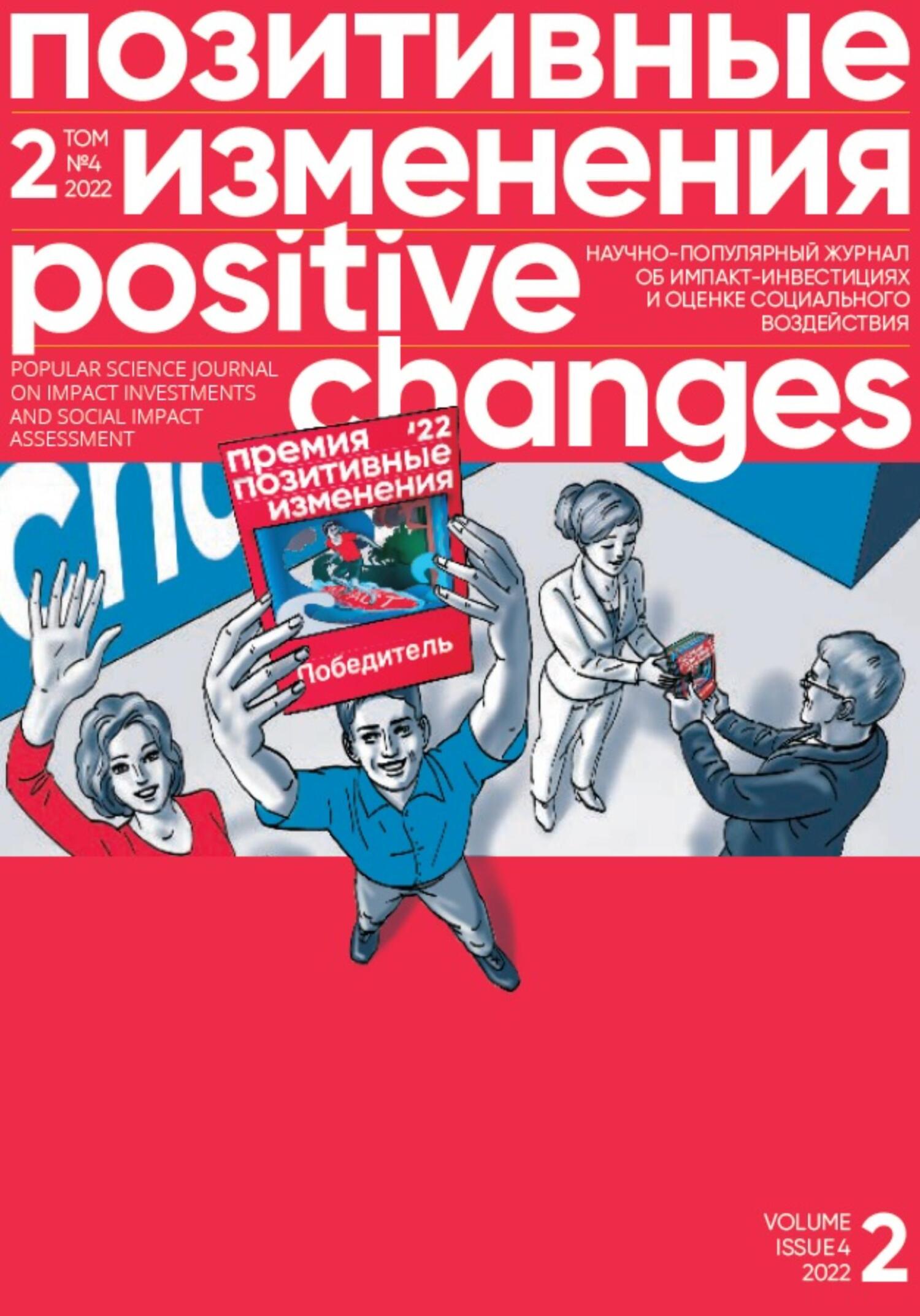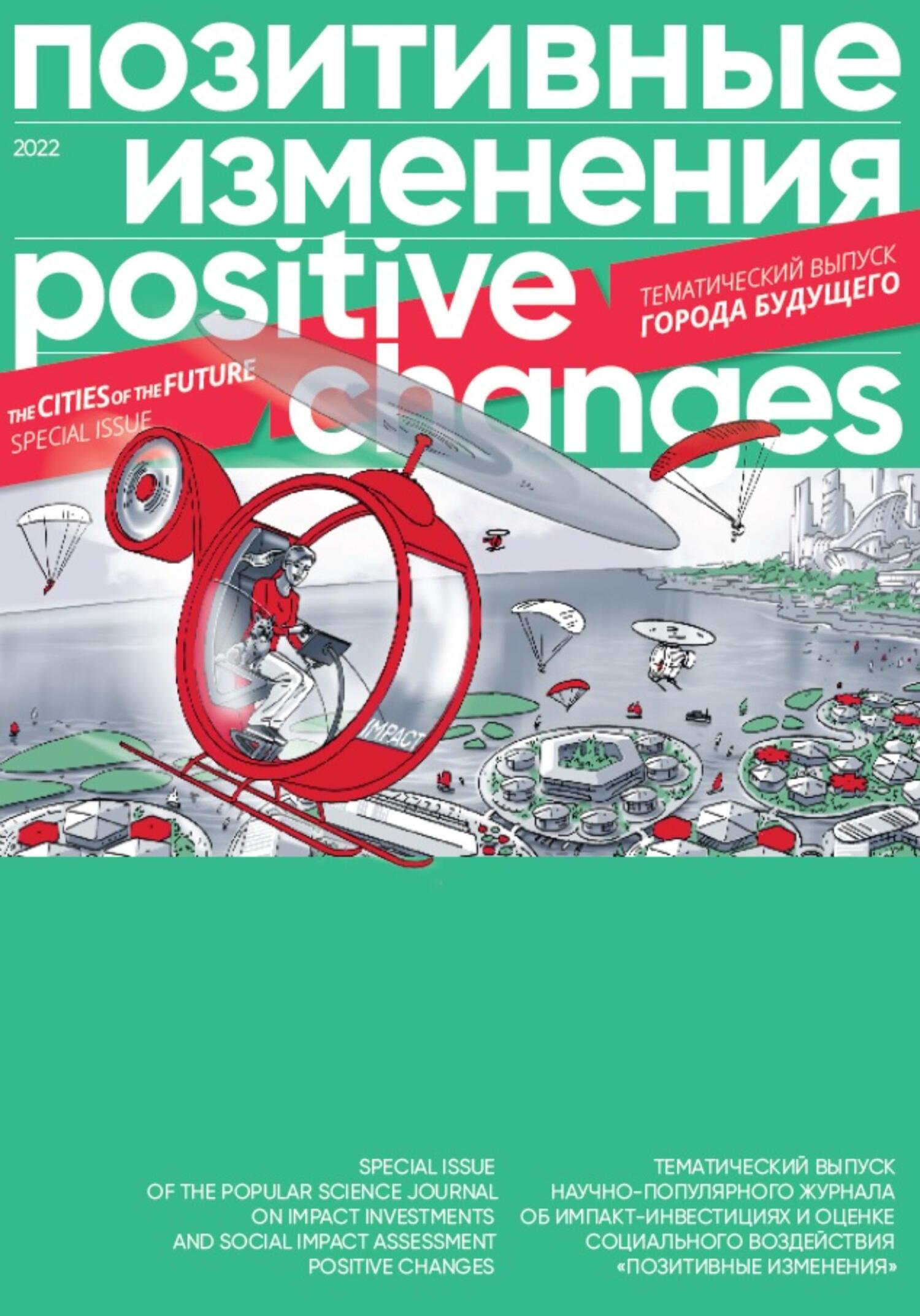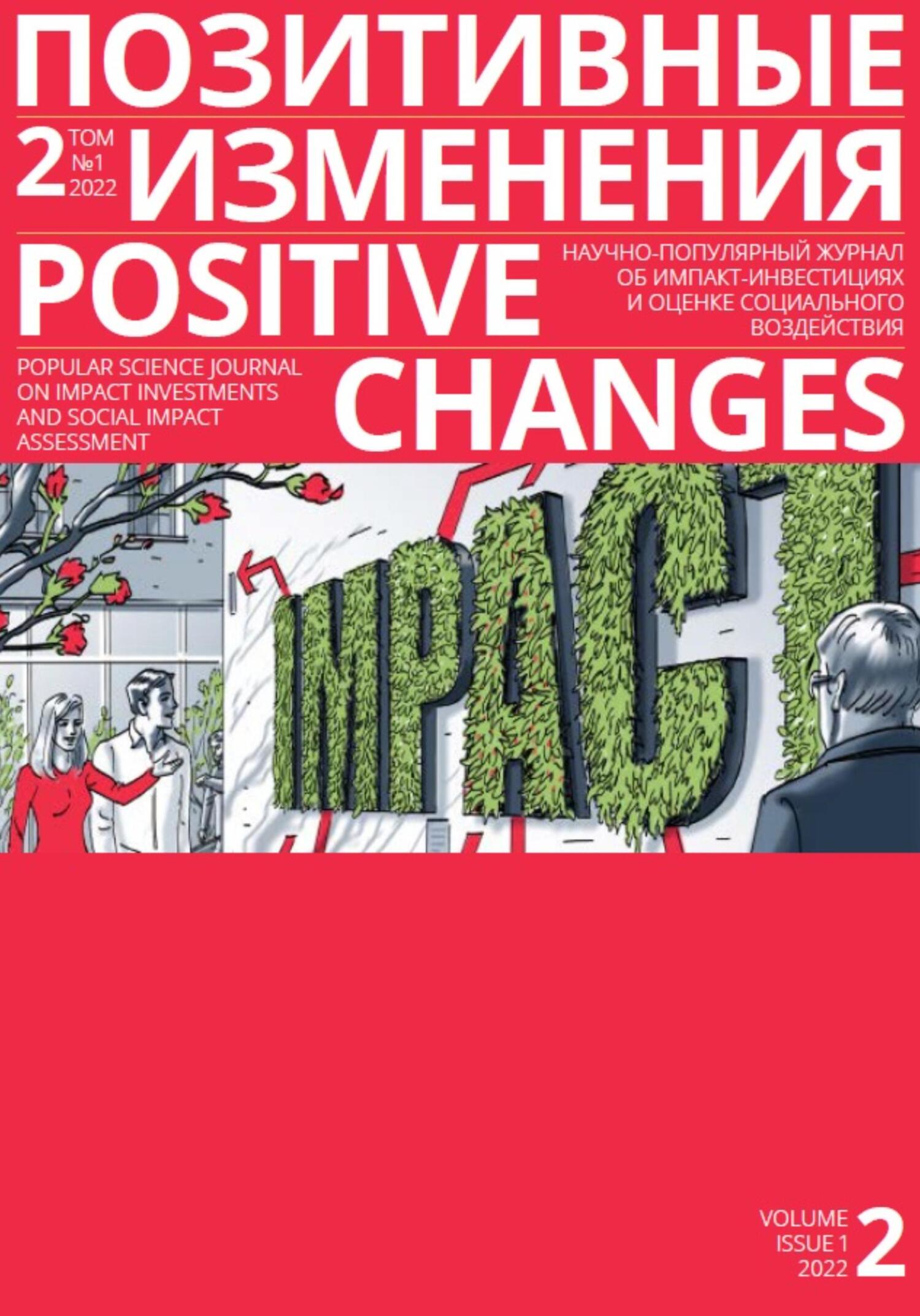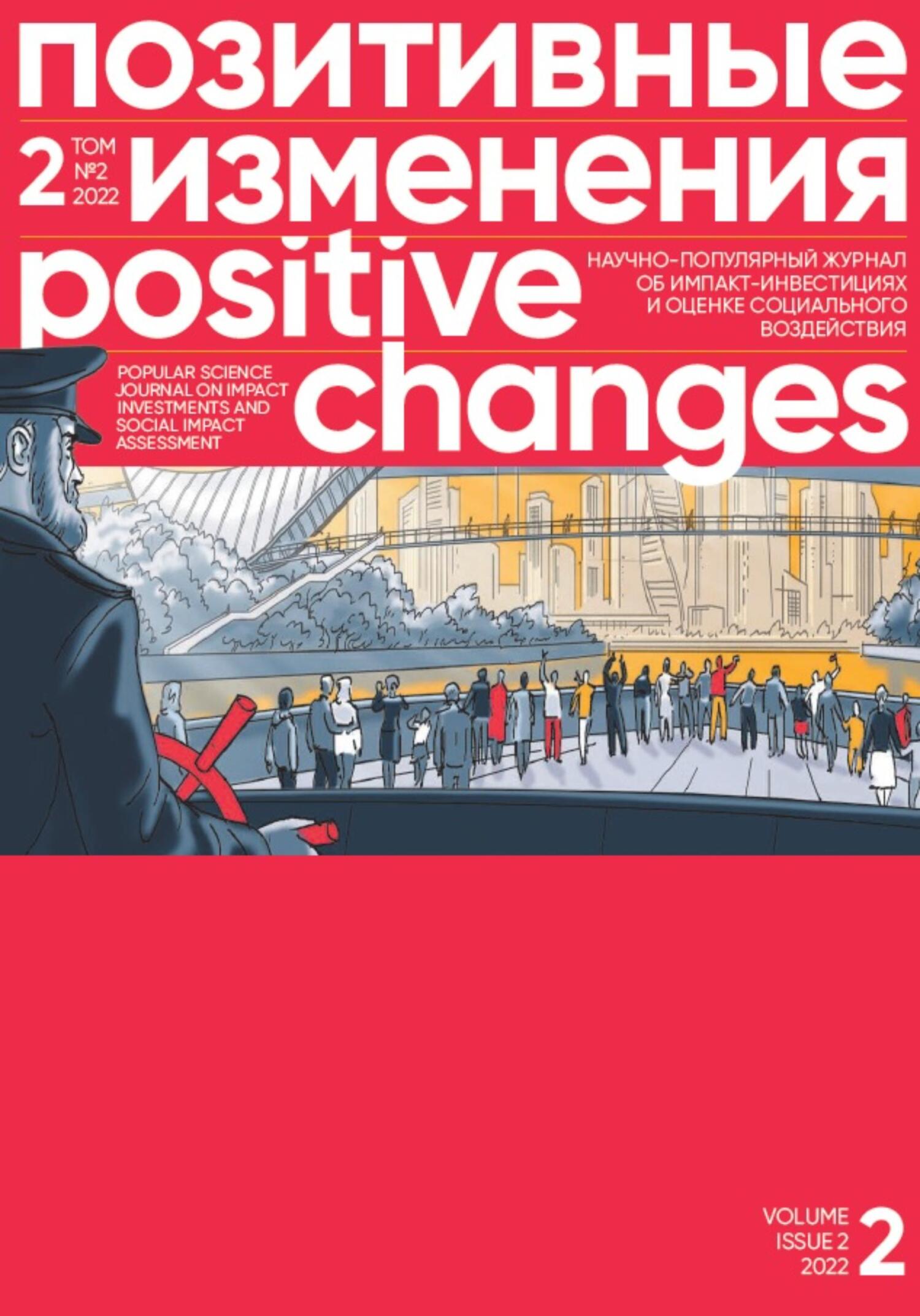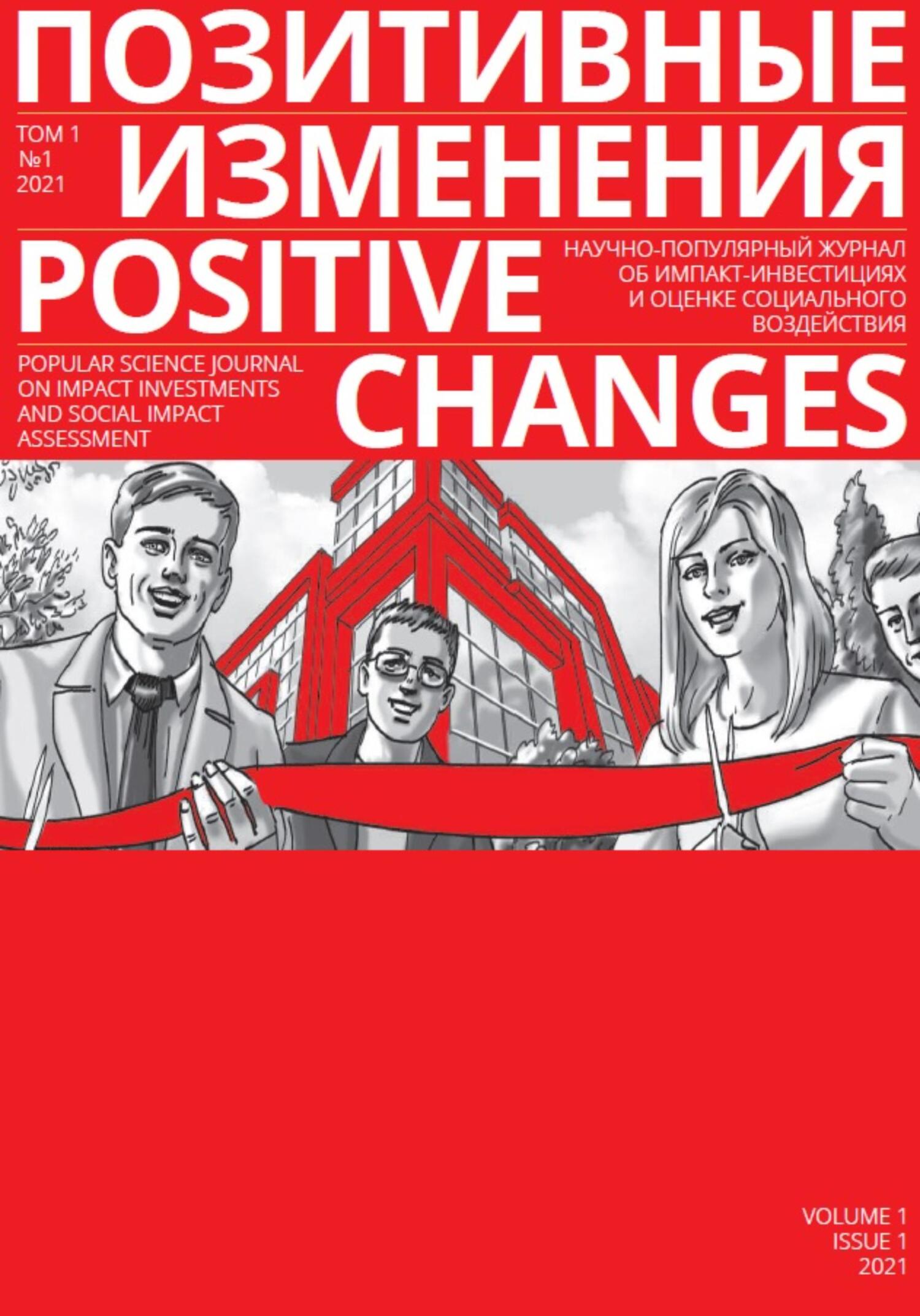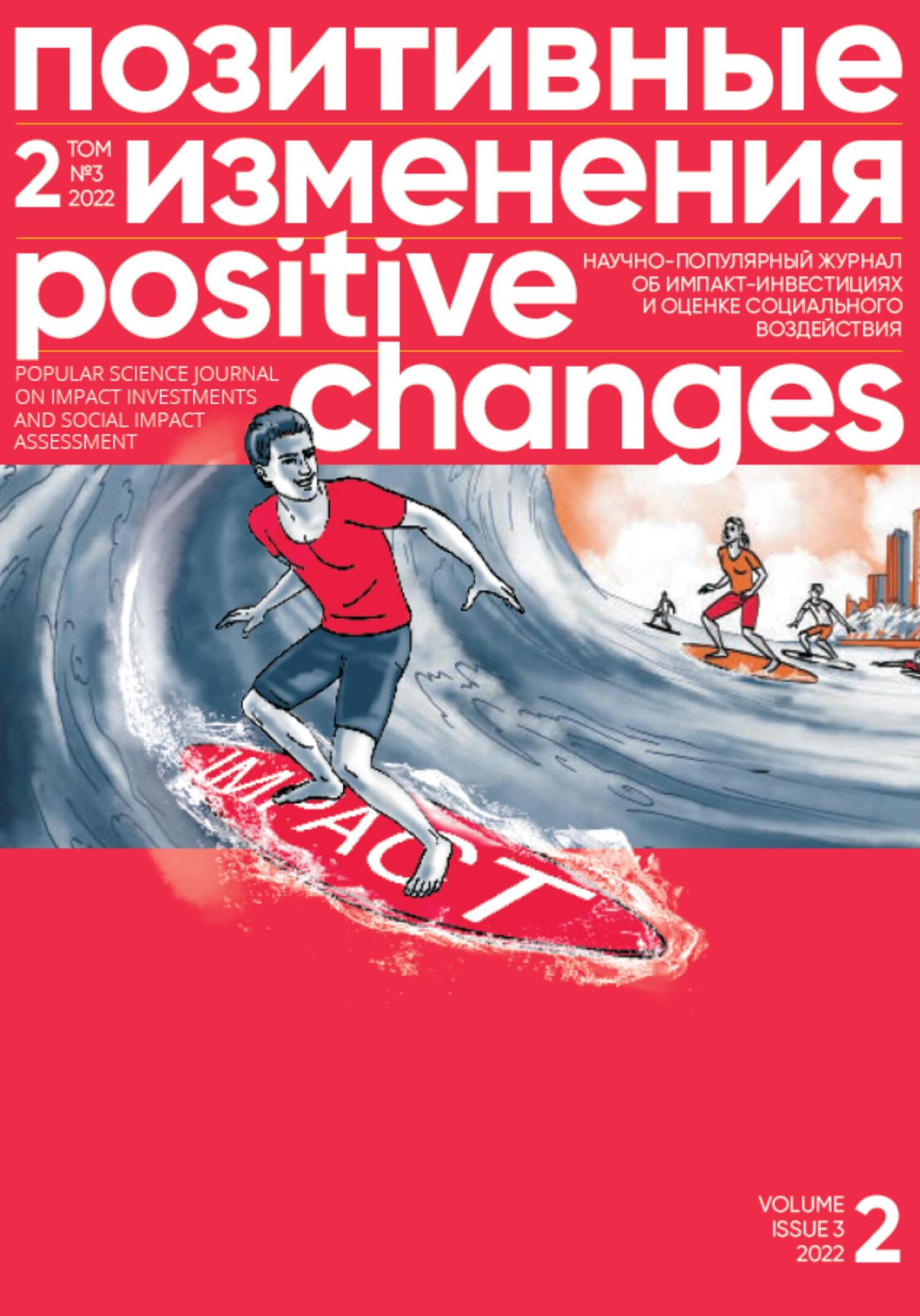facades or individual elements (e.g., doors) of historical buildings, architectural elements of the city (sculptures, bus stops), engage volunteers, raise resources (materials, tools, partner funding), working in coordination with the authorities.
FUNDS RAISED IN 2021
The project has federal and local partners. 5.2 million rubles' worth of support from the federal partners have been raised.
ACCOMPLISHMENTS AND AWARDS
In 2016, the Tom Sawyer Fest was cited in a UNESCO report at Habitat III, the United Nations Conference on Housing and Sustainable Urban Development, as an example of effective “soft renewal.”
The festival originated in Samara in 2015 and over the course of 7 years has expanded to more than 75 locations in Russia. The technology developed proved to be understandable and applicable throughout the country. During this time, more than 130 objects have been restored.
WHAT WAS DONE LAST YEAR
In 2021, the festival was held in 41 cities of Russia; 36 sites were restored, and more than 3 thousand volunteers were engaged all over the country.
FINANCIAL SUSTAINABILITY MODEL
Volunteer activities and resources from partners.
Observer
The Russian Manufacturer of Electric Wheelchairs.
www.o-mp.ru
The Observer factory is not just a business; it is a social enterprise with more than 60 staff members, where one in three employees have Group 1 and 2 disabilities (working as assemblers, machine operators, seamstresses, fitters, etc.).
PROBLEM ADDRESSED
Electrically driven wheelchairs are provided for free to qualifying people with disabilities in Russia, if indicated by a doctor and medical commission. This process has been in place for more than 10 years, supervised by the regional Social Insurance Funds. More than 2,00 °Chinese-made wheelchairs are imported into Russia every year and distributed for use by people with disabilities. The quality and service of these models leave much to be desired. As Roman Aranin, head of the Observer company, says, every problem has a silver lining, which becomes an opportunity. In this particular case, the company saw an opportunity to develop its social story and, with the support of the regional government, built a factory for the production of domestic technical rehabilitation equipment.
METHODS USED TO ADDRESS THE PROBLEM
Developing a new wheelchair model for people with disabilities, setting up in-house production, creating jobs for people with disabilities
ACCOMPLISHMENTS AND AWARDS
Winner of the XVII Annual “PROFI-SUMMARY 2020” Business Award in the nominations “Entrepreneur of the Year” (company founder Roman Aranin) and “Engineer of the Year” (Boris Efimov, Chief Engineer at Observer LLC).
Winner of the “Best Social Project of the Year” All-Russian social entrepreneurship contest — 2019 (company founder Roman Aranin in the nomination “Best Social Entrepreneurship Project in the Development of Technical Rehabilitation Equipment”).
Winner of the 2015 Impulse of Kindness Award (Roman Aranin).
FUNDS RAISED IN 2021
20 million rubles of the company's own funds.
WHAT WAS DONE LAST YEAR
In 2021, the company supplied more than 500 wheelchairs to 38 regions of the Russian Federation.
SOCIAL EFFECTS ACHIEVED IN 2021
The Observer factory is primarily working to increase the employment figures among people with disabilities in the region, as well as to develop related industries (providing orders and work for other businesses).
SOCIAL AND ECONOMIC IMPACT
1. Increasing the number of people with disabilities employed and working in the region.
2. Developing related industries and economic activities in the Kaliningrad region.
FINANCIAL SUSTAINABILITY MODEL
The company generates revenue from sales of the basic electric wheelchair model, “OBSERVER standard.”
Northern Heritage Foundation
Porato Project — Preservation of Tangible and Intangible Cultural Heritage.
https://vk.com/id757234859
The Northern Heritage Foundation revives and refreshes traditional crafts in rural areas, develops the tourist potential of the territories, develops tourist routes and supports local producers.
PROBLEM ADDRESSED
The Arkhangelsk region had once been famous for weaving — almost every home had a loom. Irina Mezhinskaya asked the residents of Oshevensk, a village with population of 500, why they were not weaving anymore. The answer was: “We have no rags.” The residents of Kargopol, the town nearest to Oshevensk, gave the same answer.
That's how the idea of a project to revive weaving emerged. Irina Mezhinskaya arranged for shipments of rags from Moscow to the village, so that artisans could make rugs and mats and earn money selling their products.
“More often than not, people donate their old clothes to thrift stores like The Second Breath or The Joy Shop. Any clothes in good condition are given to the needy. But there are still items that cannot be worn or reused. For example, bed sheets. You could wash it, remove any worn or damaged fragments, and get a very good material for use in weaving,” says Irina Mezhinskaya.
Another partner in the project is a garment factory in Moscow, which agreed to give away scraps of fabric.
“That's how the story began. Today we collect rags in Moscow, prepare them, wash and sort, then send to the village, where the craftswomen weave mats and return them to us in Moscow for sale, or sell them locally to tourists. We have already sold about 700 meters of mats. There are craftswomen not only in our village, but also in neighboring villages, who ask to be included in the project,” Irina Mezhinskaya says.
METHODS USED TO ADDRESS THE PROBLEM
Creation of new jobs, support and development of traditional crafts, conservation of natural resources, recycling. Assistance in setting up a workspace at home or in a village workshop area.
Every craftswoman who decides to do weaving has
